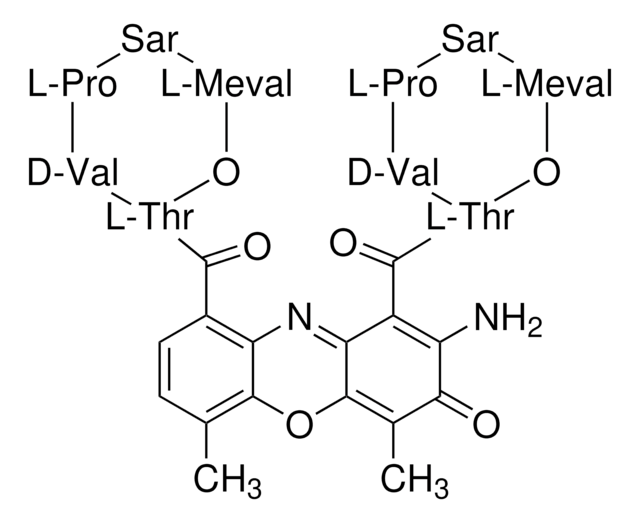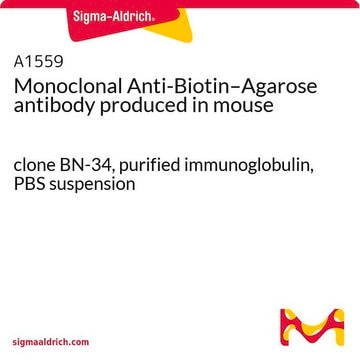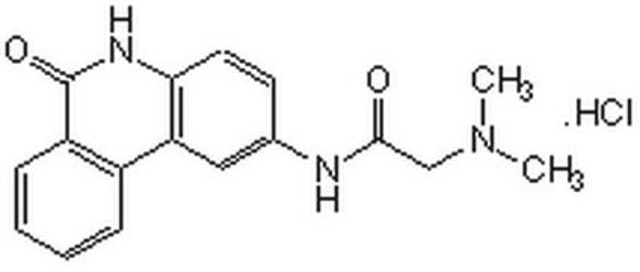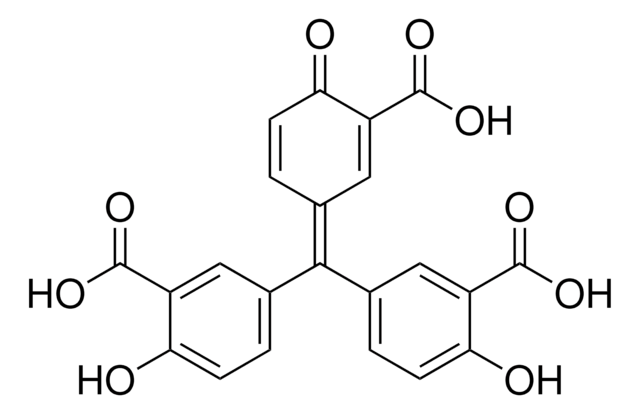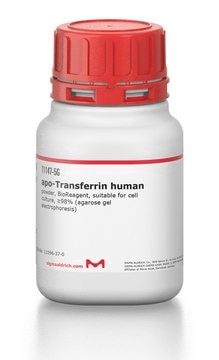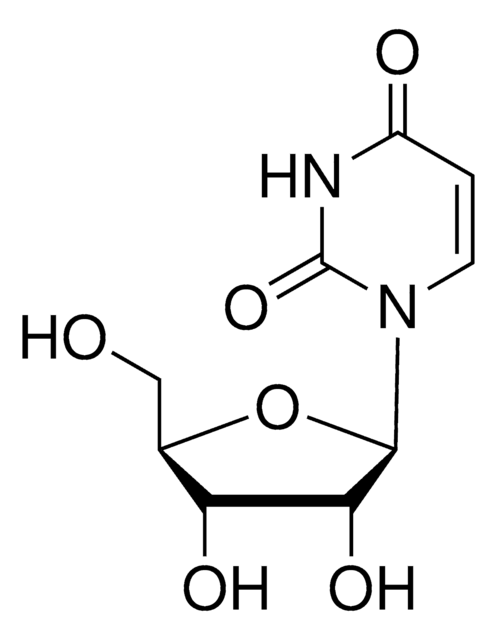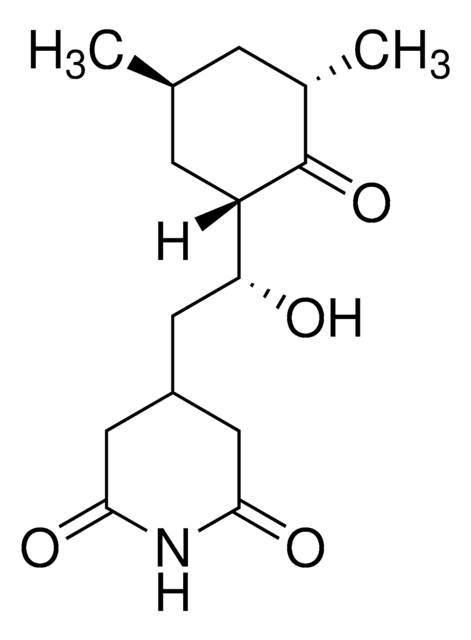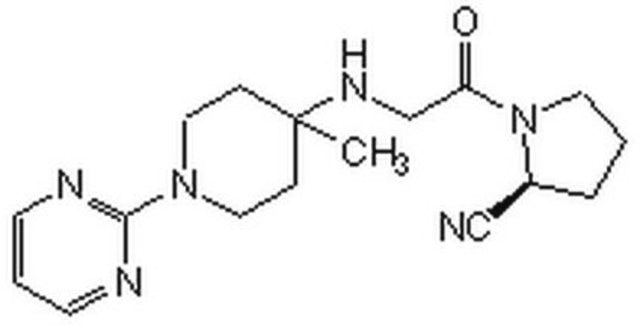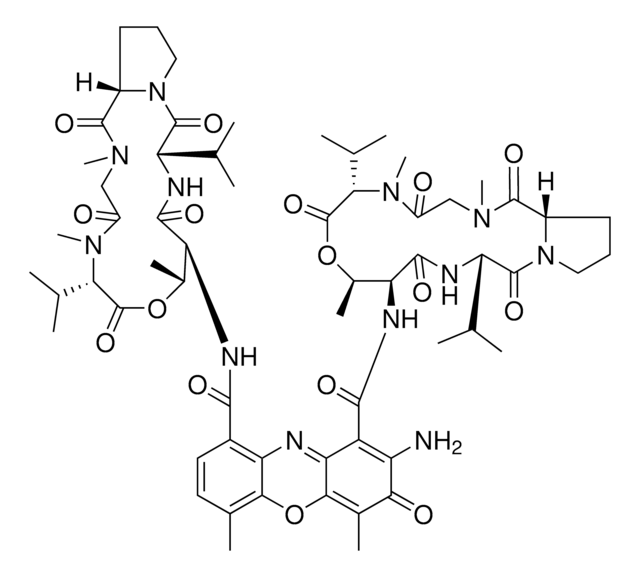5.31552
Argonaute-2 Inhibitor, BCI-137
Synonym(s):
Argonaute-2 Inhibitor, BCI-137, 2-(2,3-Dioxo-1,2,3,4-tetrahydroquinoxaline-6-sulfonamido) propanoic acid, N-((2,3-Dihydroxy-6-quinoxalinyl)sulfonyl)alanine, Ago2 Inhibitor, BCI137
About This Item
Recommended Products
assay
≥97% (HPLC)
Quality Level
form
solid
potency
126 μM Kd
manufacturer/tradename
Calbiochem®
storage condition
OK to freeze
protect from light
color
gray-white
solubility
DMSO: 100 mg/mL
storage temp.
2-8°C
SMILES string
CC(C(=O)O)NS(=O)(=O)C1=CC2=C(C=C1)NC(=O)C(=O)N2
General description
Please note that the molecular weight for this compound is batch-specific due to variable water content.
Biochem/physiol Actions
Argonaute-2
Packaging
Warning
Reconstitution
Other Notes
Legal Information
Storage Class
11 - Combustible Solids
wgk_germany
WGK 3
flash_point_f
Not applicable
flash_point_c
Not applicable
Certificates of Analysis (COA)
Search for Certificates of Analysis (COA) by entering the products Lot/Batch Number. Lot and Batch Numbers can be found on a product’s label following the words ‘Lot’ or ‘Batch’.
Already Own This Product?
Find documentation for the products that you have recently purchased in the Document Library.
Our team of scientists has experience in all areas of research including Life Science, Material Science, Chemical Synthesis, Chromatography, Analytical and many others.
Contact Technical Service